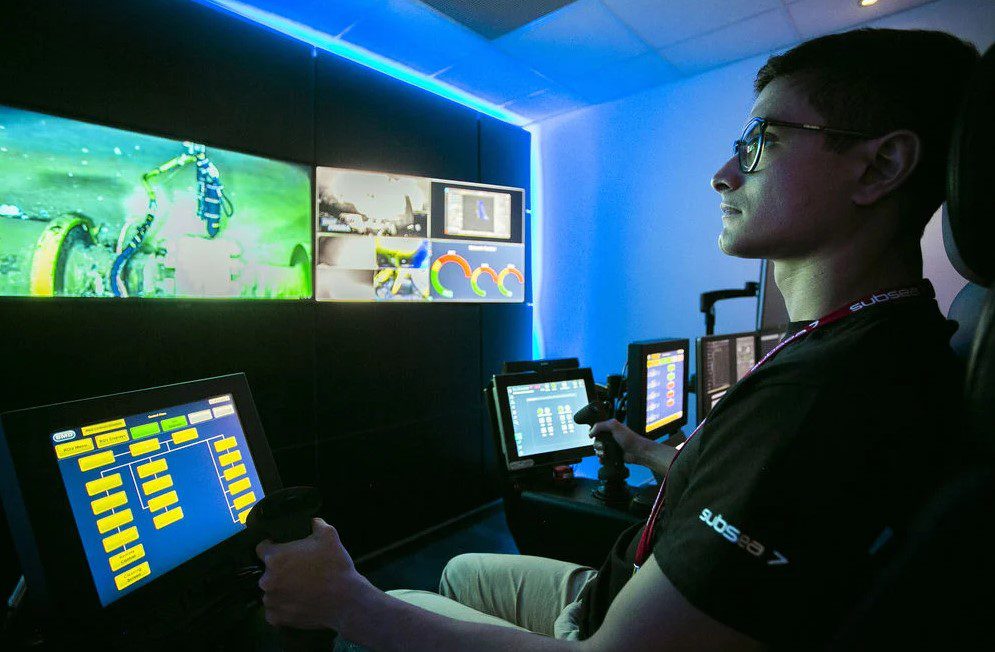In a remarkable feat of technological advancement, Subsea7 has successfully conducted a remote piloting operation for a work class Remotely Operated Vehicle (ROV) from Scotland, covering a staggering distance of 9,400 kilometers to the coast of Brazil.
Developed in-house by Subsea7, this advanced remote piloting system empowers ROVs to perform critical inspection, repair, and maintenance (IRM) tasks with precision and safety, all under remote control.
Subsea7 teams up with DeepOcean for field developments offshore Norway | OilNOW
Alan Gray, ROV and Autonomy Manager at Subsea7, noted the significance of this achievement, stating, “This was a major milestone for Subsea7. The maturity of our remote piloting systems has been demonstrated here and shows how new technologies alongside new ways of working can lead to more sustainable operations.”
He pointed out that while Subsea7 has deployed remote piloting systems on ROVs in the North Sea region, this demonstration was its first remote piloting operation conducted for Brazil.
The remote piloting operation, which included essential tasks such as pipeline inspection and light intervention, was conducted as part of an ongoing contract to provide Inspection, Repair, and Maintenance (IRM) services for Petrobras, Brazil’s state-oil company.
During the remote operations, Petrobras expressed its satisfaction, stating, “This project is an example of our ongoing collaboration with Subsea7, with the successful remote piloting trials delivering a high quality of operations across a variety of IRM activities.”
Real-time remote control was achieved via a secure, high-speed communication link to Subsea7’s Aberdeen Onshore Control Center, demonstrating the company’s commitment to safety and efficiency in offshore operations.
Subsea7 will be handling offshore pipeline construction for Guyana’s Gas-to-Energy project.



